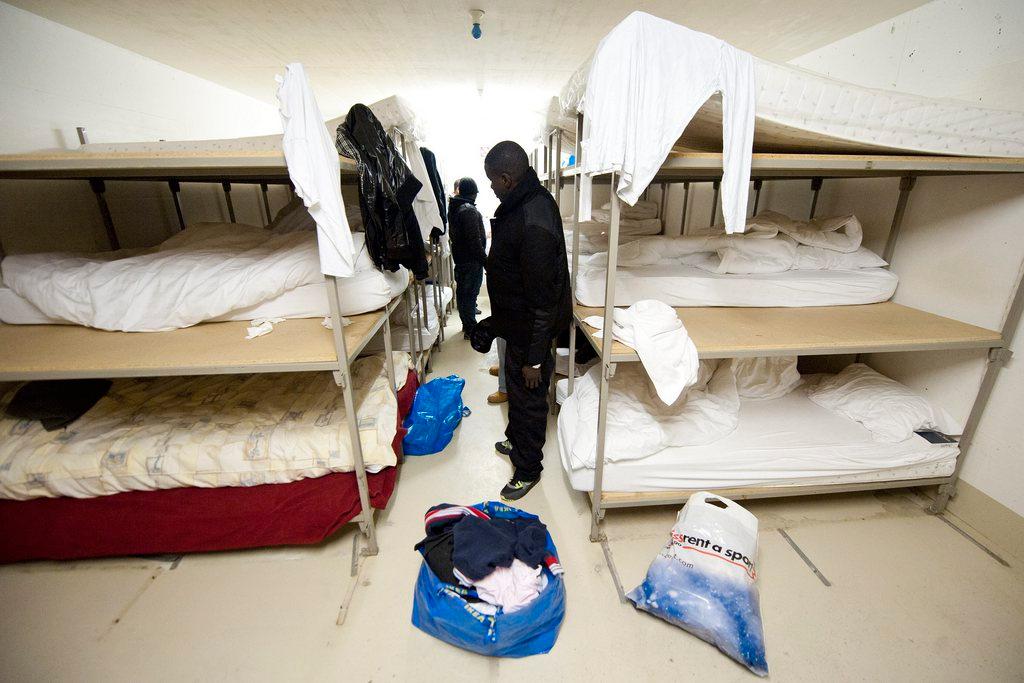
More than 800 crimes committed in Swiss asylum centres

The Federal Statistical Office (FSO) has reported that 813 criminal offences were committed in Swiss asylum centres in 2017. The number of sexual offences rose by 60% compared to the previous year.
The overall total of crimes committed was much lower than the all-time high of 1,413 cases recorded in 2012 after the Arab Spring, but much more than the years 2014 and 2015 (under 600 annual offences reported). The figures, initially revealed by the SonntagsZeitung paper on Sunday, were confirmed by the FSO on Monday.
Sexual assault cases increased significantly with 33 reported, compared to 20 the year before. Of these, eight were rapes and six were cases of child abuse.
One case of homicide and three cases of attempted homicide were recorded. A total of 80 cases of bodily harm, 79 threats of violence and 71 attacks on personnel were reported. Non-violent crimes include 70 thefts and 61 cases of property damage.
Offences committed in asylum centres account for a tiny proportion of all offences recorded in Switzerland. In 2016, this represented 0.2% of the total, the FSO said. Data from two Swiss cantons are missing from the statistics.
A total of 18,088 migrants filed for asylum in Switzerland in 2017, a decline of 33.5%. It is the lowest number of applications since 2010.

More
Deal seeks to integrate refugees in Swiss job market

In compliance with the JTI standards
More: SWI swissinfo.ch certified by the Journalism Trust Initiative




























You can find an overview of ongoing debates with our journalists here . Please join us!
If you want to start a conversation about a topic raised in this article or want to report factual errors, email us at english@swissinfo.ch.